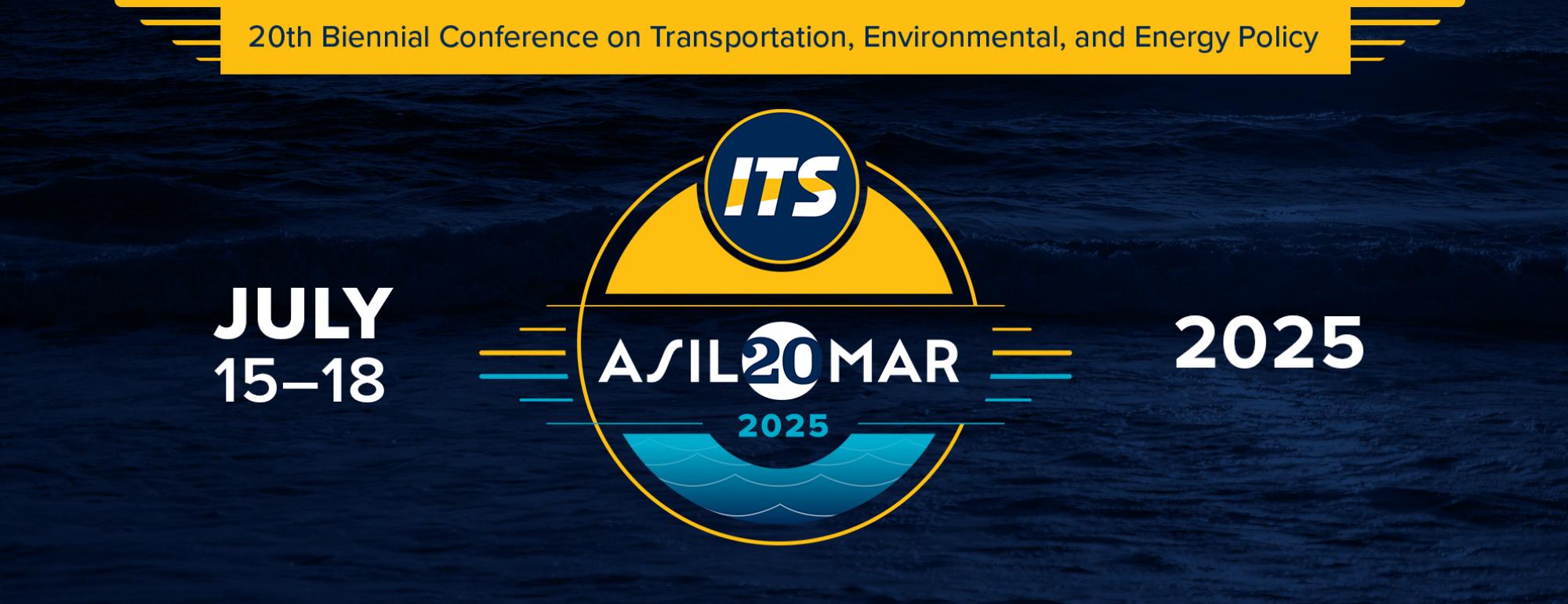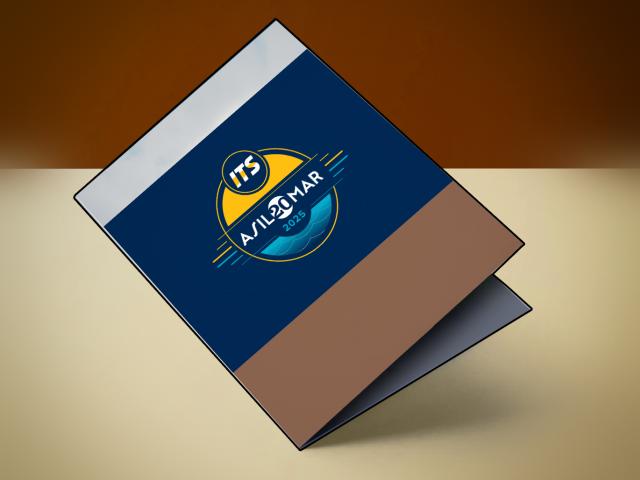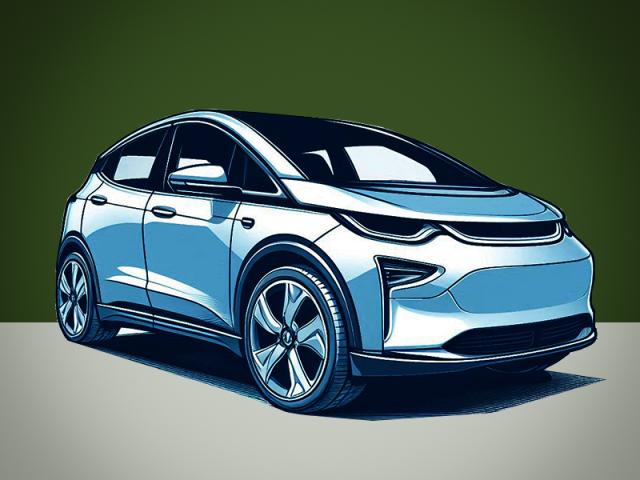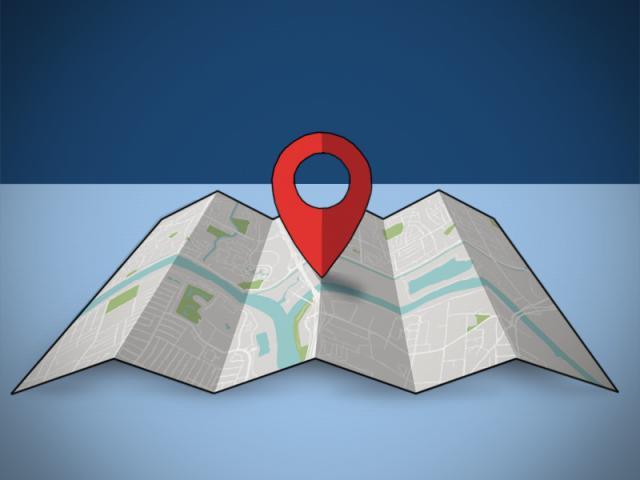Thank you to all who attended the 2025 Asilomar Conference and helped make it a great success.
Headwinds and Tailwinds to a Better Future
Pacific Grove, CA
The 20th biennial conference will address the challenges of planning for and building resilient transportation systems in the context of increasing environmental concerns, global supply chain issues, and shifting policy priorities, while also reflecting on the significant progress made since the very first Asilomar Conference in the 90s. During this pivotal moment, leading researchers, industry professionals, and policymakers will discuss the opportunities for transportation investment and innovation, and the policies for accomplishing these changes in a sustainable manner.
Preliminary Schedule
MONDAY, | |
| 4:00pm | Lodging Check-In for Deep Dive Attendees |
TUESDAY, |
|
| 10:00am | STEPS+ Symposium Deep Dives (Limited space available) |
| 3:00pm | Lodging Check-In for Main Conference Attendees |
| 4:00pm | Conference Registration Begins |
| 4:30pm | Welcome Reception |
| 6:00pm | Welcome BBQ Dinner |
WEDNESDAY, |
|
| 7:30 am | Breakfast |
| 9:00 am | Session 1: Transportation Innovation and Evolving Politics |
| 12:00 pm | Lunch |
| 2:00 pm | Session 2: Low Carbon Fuel Challenges |
| 3:15 pm | Session 3: Decarbonizing the Commercial Vehicle Sector |
| 4:15 pm | Break |
| 4:45 pm | Session 4: Rethinking Urban Mobility |
| 6:00 pm | Dinner |
| 7:00 pm | Monterey Bay Aquarium Reception |
THURSDAY, | |
| 7:30 am | Breakfast |
| 8:45 am | Welcome Back and Keynote |
| 9:05 am | Session 5: Vehicle Electrification Policy and Politics |
| 10:30 am | Break |
| 11:00 am | Session 6: Exploring Next Generation Vehicle Policy: Beyond Tailpipes |
| 12:00 pm | Lunch |
| 2:00 pm | Session 7: EV Charging Infrastructure and Grid Readiness |
| 3:45 pm | Break |
| 4:15 pm | Session 8: Asilomar Wrapped: Turning Headwinds into Tailwinds |
| 5:30 pm | BBQ Dinner |
FRIDAY, | |
| 9:00am | Side Meetings |
Registration Information
Registration for Asilomar 2025 is now open. Invitations have been sent out. Please check your email and click on the registration link that was sent to you.
A registration cost breakdown can be found here.
Steering Committee
- Dan Sperling (Chair), University of California, Davis
- Anup Bandivadekar, Hewlett Foundation
- John Boesel, Calstart
- Pierpaolo Cazzola, University of California, Davis
- Giovanni Circella, Ghent University and University of California, Davis
- Anthony Eggert, ClimateWorks Foundation
- Katherine Garcia, Sierra Club
- David Greene, University of Tennessee, Knoxville
- Adam Gromis, Uber
- Javier Guzman, ExxonMobil
- Roland Hwang, University of California, Davis
- Alan Jenn, University of California, Davis | Chair, TRB Energy Committee
- Aravind Kailas, Volvo Group North America
- SatKartar Khalsa, Climate Imperative
- Andreas Klugescheid, BMW/ACEA
- Alice Lee, American Honda Motor Company, Inc.
- Patty Monahan, California Energy Commission (ret'd)
- Rachael Nealer, Chair, TRB Alternative Fuels Committee
- Gil Tal, University of California, Davis
- Terry Travis, EVNoire
- Michael Wang, Argonne National Laboratory
- Kari Watkins, University of California, Davis
Sponsors
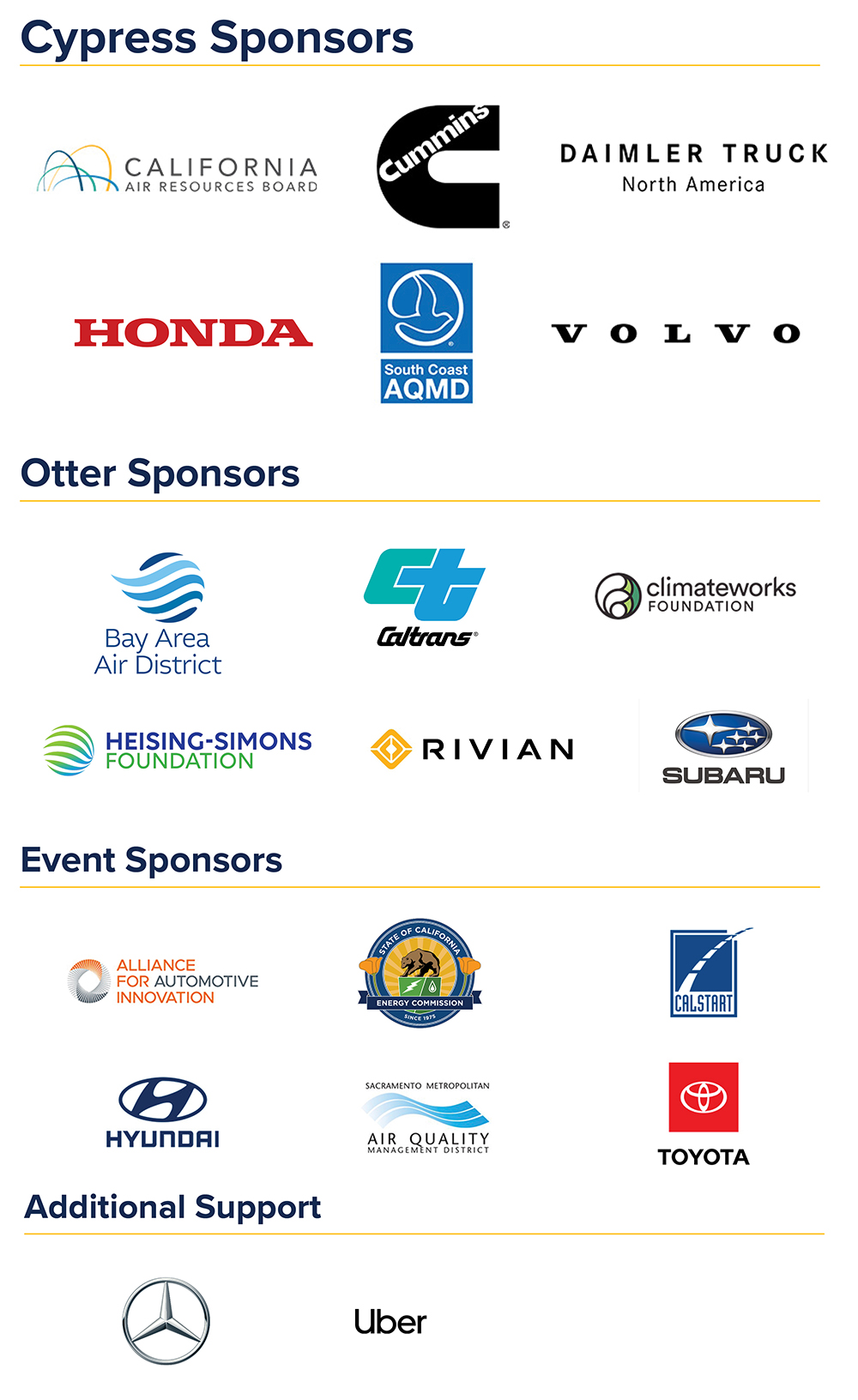
Please Note
The Asilomar Conference operates under the Chatham House Rule. As such, the video recordings of this event will not include audio. As a condition to your attendance to the Asilomar Conference, you agree and irrevocably consent to your image and/or likeness being captured on photo, film and/or video, the benefit of which shall vest in the UC Davis Institute of Transportation Studies, it's licensees, successors and assigns, and shall be used for promotional, marketing, and educational purposes only. Please respect the intimacy of this event by disseminating information presented at it with care. Participants are free to use and share the information received, but neither the identity nor the affiliation of the speaker(s) should be disclosed.
